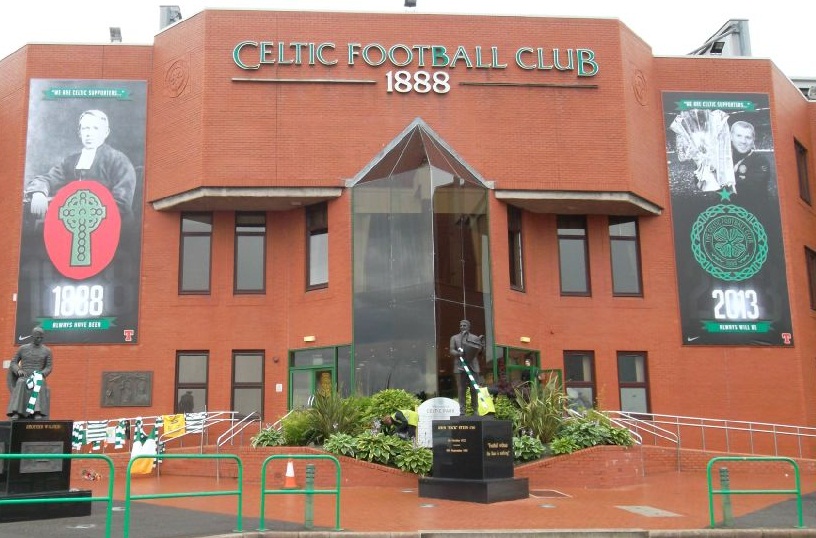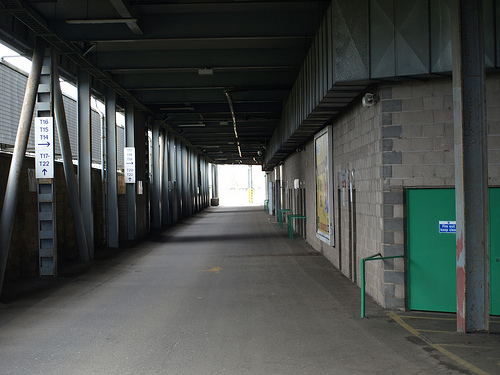This is not to simply state that summer football would be the answer, but it’s a different option, and one that can work on many levels. Firstly, as Harry and Eddie debated on a recent podcast, the SPL desperately needs a unique selling point. It simply cannot compete with the EPL, and shouldn’t try to. Last season minor Scottish games clashed with high profile English ones. Modern football leaves a nasty taste, but in accepting that it is a global machine, competing with the most profitable league in the world seems pointless.
A summer game could see the TV companies become more interested, as it fills the summer schedule. I am a firm believer in the rancid evil of TV companies dictating football, but if a summer move means the SPL has greater control of match times, it may just work. The TV schedule, at least in the middle part of a summer season, would arguably be the highlight of any sports channel’s schedule, and could in turn expose the league to potential new fans.
It could be stated that a summer league would simply be an acceptance that Scottish football is now a lesser league, and one that is comparable with the European nations who currently play throughout the summer, such as Ireland, Finland and Iceland. Sadly, this is where the league finds itself. It would not surprise me if Celtic were knocked out of the Champions League by HJK Helsinki, and this wouldn’t purely be down to the opponents being more battle hardened and match fit. Celtic’s realistic aim must be to reach the Champions League, and a summer league may be beneficial, as the declining nature of Scottish football could see teams beginning at the earliest preliminary rounds.
Would more fans turn up to Scottish league matches if it moved to a summer competition? Who knows, but for a club the size of Celtic to lose 10,000 fans in ten years is more than alarming. Invariably, football fandom is now a by-product of the recession. Fans are the most affected, and yet it is fans who quite rightly demand the best from their club. Would Celtic fans accept lower ticket prices in exchange for a vastly lower standard of player, with reaching the Champions League a long forgotten dream? If fans are not attending, serious discussion has to be given to a productive way forward.
Being Scotland, the weather will still dictate, and the term summer football would become an oxymoron when title and relegation deciders in November are postponed, but active planning could prevent this. Maximising the summer months would be crucial, and as very few players in Scotland play in major tournaments, playing two games a week at the height of summer could be an option to discuss.
Ultimately, the fans should be the ones dictating matters, not club chairman or TV executives. The events of the fan led summer of 2012 could be a watershed in Scottish football history, or they could anger the powerful to the point of civil war. Celtic’s role in keeping quiet and allowing the smaller clubs to lead the protest was a crucial one, but Celtic now need to lead the way in ensuring that any change is not there for the Newco Rangers to be in the top flight as soon as possible, but for change to be of a relevant long-term benefit. Within this, the possibility of summer football, despite its obvious flaws, not least the supporters holiday plans, need to be raised. Scottish football is on the cusp of an exciting, if challenging future, and the hard work starts now.





